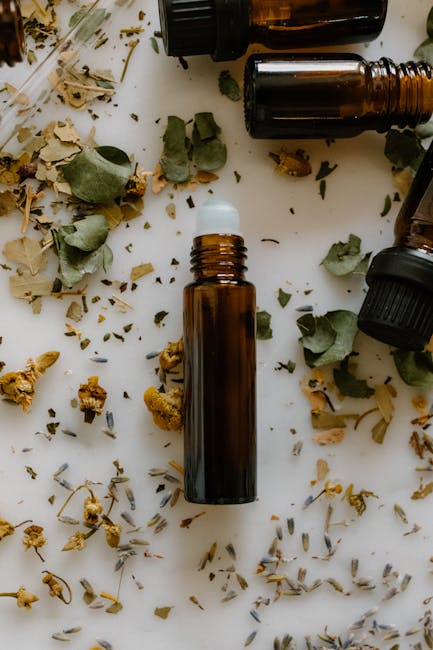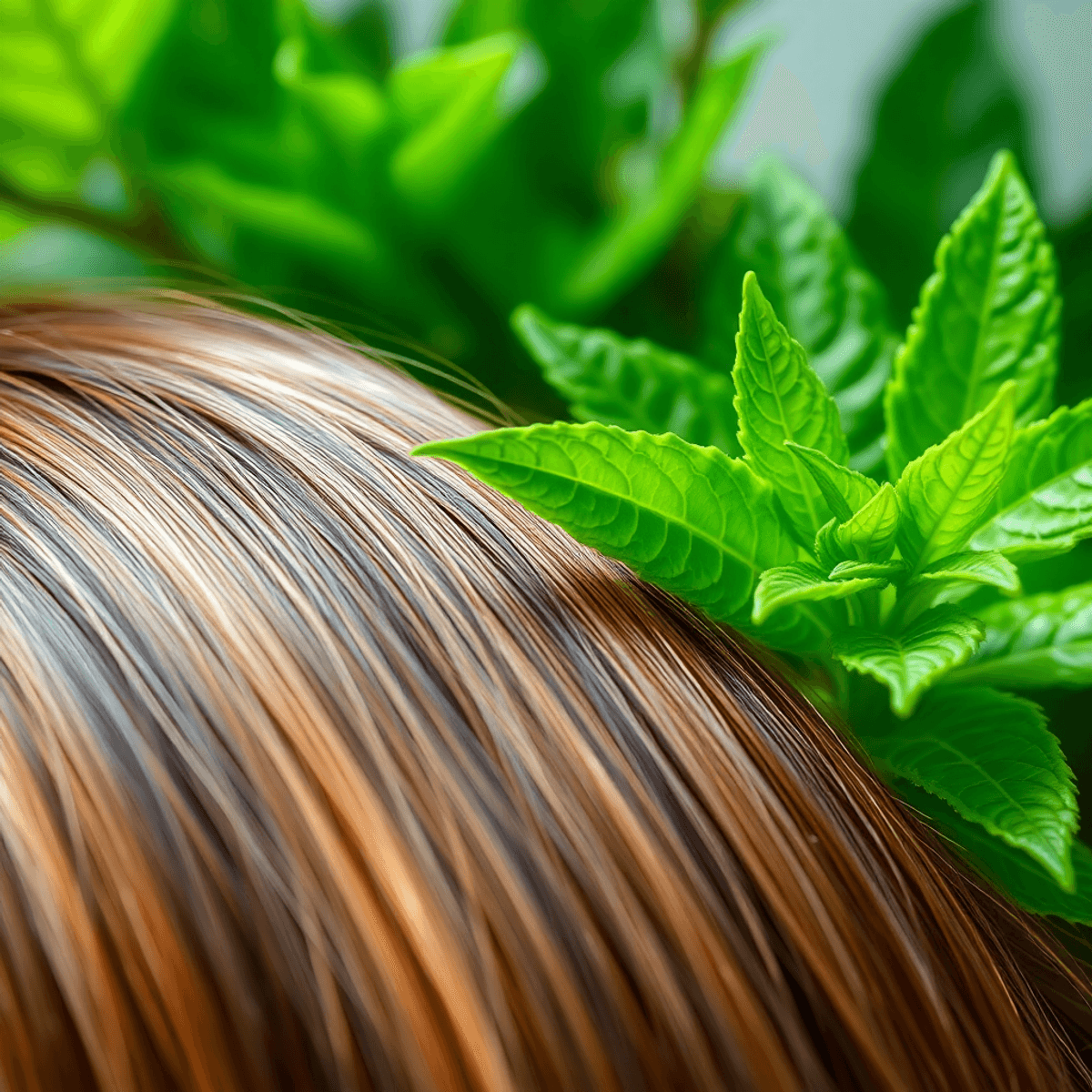Healing Herbs for Leaky Gut Syndrome: What You Need to Know
Leaky Gut Syndrome is a condition that has gained increasing attention in recent years due to its potential impact on overall health. Characterized by increased intestinal permeability, it can lead to a host of health issues if not addressed. Fortunately, nature provides several healing herbs that may help alleviate the symptoms and promote gut health. In this comprehensive guide, we’ll explore some of the most effective herbs for healing leaky gut syndrome, backed by scientific research and practical tips.
Understanding Leaky Gut Syndrome
Leaky Gut Syndrome, also known as increased intestinal permeability, occurs when the tight junctions in the gut lining become loose, allowing toxins, bacteria, and undigested food particles to enter the bloodstream. This can trigger an immune response, leading to inflammation and a variety of health issues, including autoimmune diseases, allergies, and chronic fatigue.
According to a study published in the journal Gut, approximately 200 million people worldwide may suffer from leaky gut, highlighting the importance of addressing this condition. While diet and lifestyle changes are crucial, incorporating specific healing herbs can significantly aid in repairing the gut lining and reducing symptoms.
Top Healing Herbs for Leaky Gut Syndrome
1. Licorice Root (Glycyrrhiza glabra)
Licorice root is renowned for its anti-inflammatory and soothing properties. It contains glycyrrhizin, which helps to protect the gut lining and reduce inflammation. A study in the Journal of Ethnopharmacology found that licorice root can significantly enhance the healing of gastric ulcers, making it a valuable ally for those with leaky gut syndrome.
Actionable Tip: Consider taking deglycyrrhizinated licorice (DGL) supplements to avoid potential side effects associated with glycyrrhizin.
2. Marshmallow Root (Althaea officinalis)
Marshmallow root is a demulcent herb, meaning it forms a protective layer on the gut lining, soothing irritation and inflammation. Its high mucilage content can help alleviate symptoms of leaky gut syndrome. Research from the Journal of Natural Products indicates its effectiveness in treating inflammatory conditions of the digestive tract.
Actionable Tip: Brew marshmallow root tea or take it in capsule form for best results.
3. Slippery Elm (Ulmus rubra)
Slippery elm is another demulcent herb that has been used for centuries to treat digestive issues. It coats the digestive tract, reducing irritation and promoting healing. A study published in the Journal of Alternative and Complementary Medicine supports its use in managing symptoms of inflammatory bowel diseases, closely related to leaky gut syndrome.
Actionable Tip: Mix slippery elm powder with water to create a soothing gel, which can be taken before meals.
4. Turmeric (Curcuma longa)
Turmeric is a powerful anti-inflammatory herb, thanks to its active compound, curcumin. It not only reduces inflammation but also promotes the growth of beneficial gut bacteria. Research in the World Journal of Gastroenterology suggests that turmeric supplementation can improve gut barrier function in individuals with digestive disorders.
Actionable Tip: Consume turmeric with black pepper to enhance curcumin absorption, or use curcumin supplements for targeted support.
5. Aloe Vera (Aloe barbadensis miller)
Aloe vera is known for its soothing and healing properties. It helps reduce inflammation and supports the regeneration of the gut lining. A study in the Journal of Traditional and Complementary Medicine found that aloe vera gel can improve symptoms of irritable bowel syndrome, often associated with leaky gut.
Actionable Tip: Use aloe vera juice or gel in moderation, as excessive consumption may lead to digestive upset.
Incorporating Healing Herbs into Your Routine
Integrating these healing herbs into your daily routine can be a simple yet effective way to support gut health. Here are some practical tips to get started:
- Consult a Healthcare Professional: Before starting any herbal regimen, consult with a healthcare provider, especially if you are taking medications or have underlying health conditions.
- Start Slowly: Introduce one herb at a time and monitor your body’s response. This helps identify any potential sensitivities or allergies.
- Opt for Quality Products: Choose high-quality, organic herbal supplements or teas to ensure maximum efficacy and safety.
- Stay Consistent: Consistency is key when using herbal remedies. Incorporate them into your daily routine for at least a few weeks to observe noticeable benefits.
Conclusion: Embrace Nature’s Healing Power
In the journey to heal leaky gut syndrome, nature offers a bounty of healing herbs that can provide significant relief and support. By understanding the unique properties of each herb and incorporating them into a holistic approach, you can improve your gut health and overall well-being. Remember, while herbs can be powerful allies, they are most effective when combined with a balanced diet, regular exercise, and a healthy lifestyle.
As research continues to unveil the potential of these natural remedies, embracing a proactive approach to gut health can lead to transformative results. Start exploring the world of healing herbs today, and take the first step towards a healthier, happier gut.
Discover more from NatureZen Market
Subscribe to get the latest posts sent to your email.











